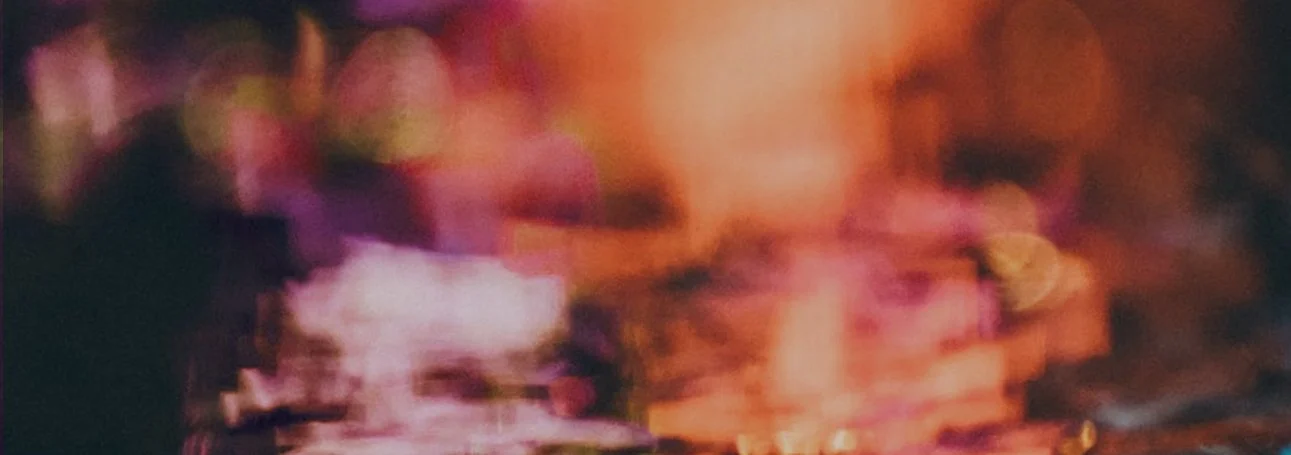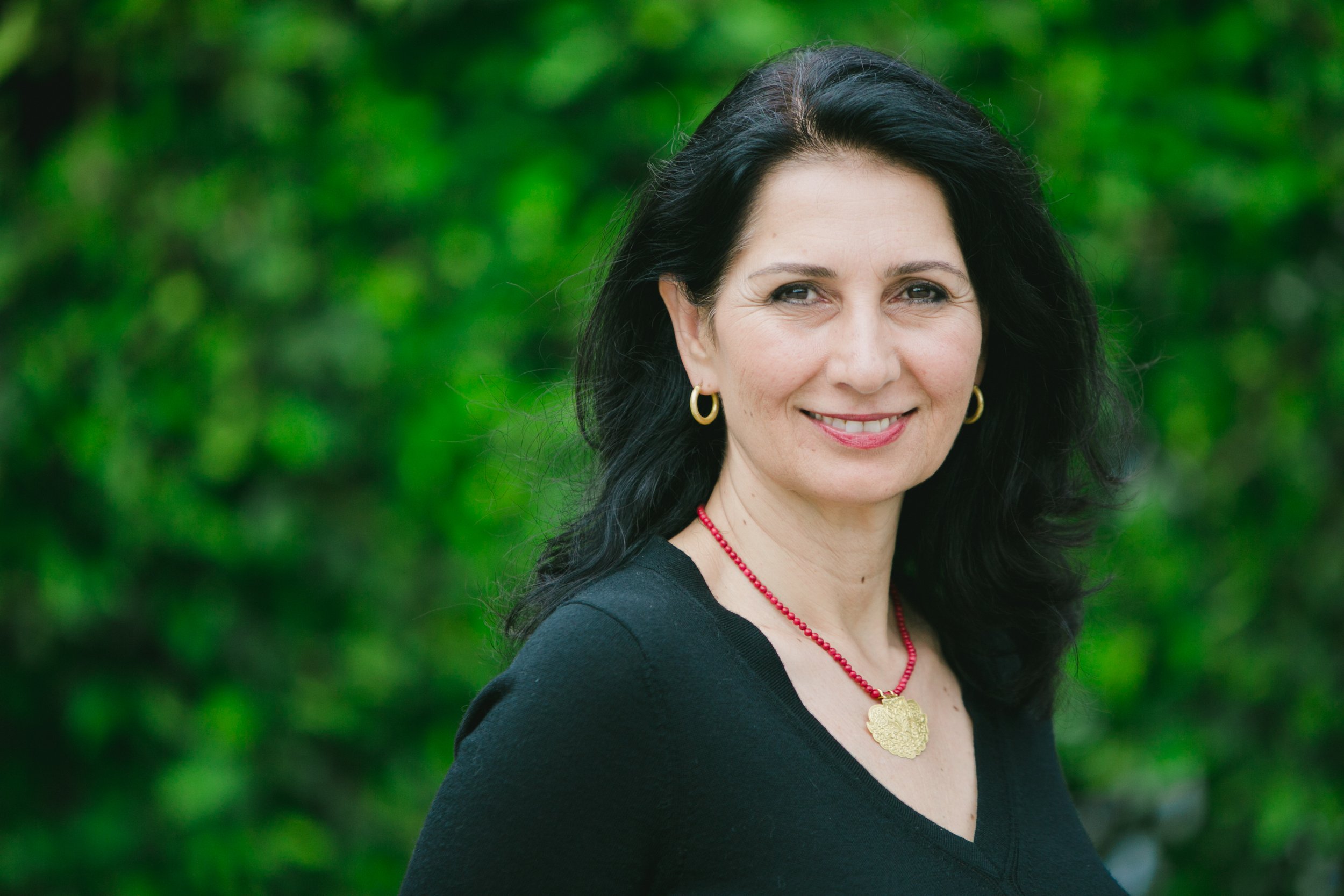Providing Comfort With a Memoir of Loss
Some people write books for profit. Others put pen to paper to create a name for themselves. Katty Douraghy wrote her memoir, The Butterfly Years, with a more heartfelt intention.
“After my mother passed away in 2011, the only thing on my mind was the trauma and the hardship she dealt with during her long illness,” Katty says.” I couldn’t get that time period out of my head. The book allowed me to see her again as the loving human being she was rather than the patient she had become. That was the shift I needed in order to process my grief.”
Everyone struggles to come to terms with loss. Katty, who is president of staffing agency Artisan Creative, also felt the added weight of unfinished conversations with her mother: Things she wished she had said, memories she wanted to share one more time.
It was also difficult to shake a deep sense of self-judgment and guilt; Katty wondered if she had mourned the way she was “supposed” to mourn.
“I was born and raised in Iran, but I’ve lived in the states since I was a teen,” she says. “Being a product of both east and west, I was conflicted with different expectations of mourning from society. In the east there is a much more outward show of emotion and passion – for example, people throw themselves on the ground in anguish. Because I grew up in the west I'm more reserved, so I grieved in the shadows. I questioned if I grieved the right way. There was lot of cultural baggage to get through. Some societies have celebrations of life while others don’t even dare mention death, almost pretending that no one ever died.”
Through the act of writing, and the natural therapy that occurs with revision, Katty stripped away one emotional layer after another to find her answer: There is no proper way to grieve. Going to work the day after a funeral doesn’t make you a bad person. Wearing black clothing for 30 days in a row doesn’t mean you’re mourning more “correctly” than someone else. Everyone finds their own path to learning to live with grief.
----------------------------------------
Like any creative process – crafting a song, weaving a tapestry – the writing of The Butterfly Years produced unintended but empowering consequences. “I've journaled for years as a cathartic exercise just for myself, which is the same reason why I wrote the book,” Katty says. “I hear from bereaved readers who say the memoir has helped them process their own grief and find comfort, knowing they’re not alone.”
It’s challenging to accept that you’ll never see that special someone again when you’re also immersed with the obligations of life. There are still children to raise, homes to care for, meals to cook, errands to run, work to do, appointments you can’t reschedule.
But somehow we need to block out time for reflection. That’s why Katty created her second project, The Butterfly Years Journal. As a grief journal, people have a tool to honor and finish conversations with their loved ones.
Katty also leads sessions for teams of executives and business owners, where she facilitates retreats and conversations. In this way, she helps people navigate their way to a healthy perspective on loss. “I’m certainly not a grief counselor or a death doula,” she says, “but I do have a natural way of creating a safe space and putting people at ease so they can open up and be vulnerable with each other. In the west we don’t talk about death and dying much. I want to demystify this. Unfortunately, we will all experience it.”
These endeavors symbolize Katty’s optimism and belief in the power of people to overcome strife, which is why she subtitled her book “A Journey Through Grief Toward Hope.” She knows anything is possible.
“The Butterfly Years is really about the lessons I learned,” she says. “It’s a message of resilience. Most of us don't think we have the strength to move on to the next chapter of life after loss, but then we're tested and realize we have it. It may just take a little while to get there. And that’s okay. We are stronger than we think.”


